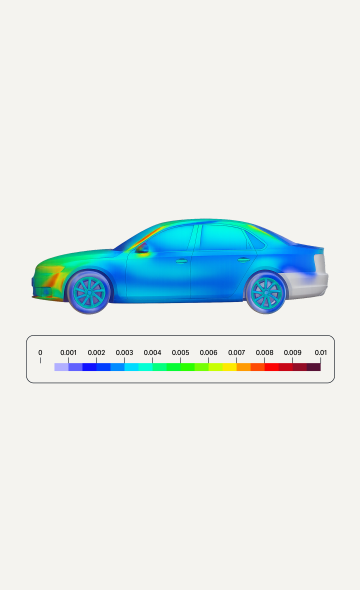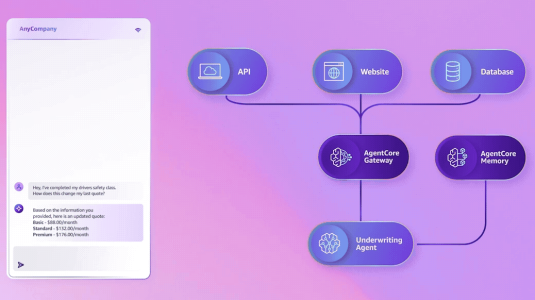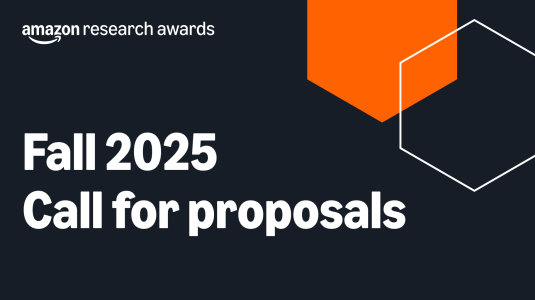Customer-obsessed science


Research areas
-
October 16, 2025Amazon vice president and distinguished engineer Marc Brooker explains how agentic systems work under the hood — and how AWS’s new AgentCore framework implements their core components.
Featured news
-
Amazon Technical Reports2025Nova Premier is Amazon’s most capable multimodal foundation model and teacher for model distillation. It processes text, images, and video with a one-million-token context window, enabling analysis of large codebases, 400-page documents, and 90-minute videos in a single prompt [2]. We present the first comprehensive evaluation of Nova Premier’s critical risk profile under the Frontier Model Safety Framework
-
2025Video summarization aims to generate a condensed textual version of an original video. Summaries may consist of either plain text or a shortlist of salient events, possibly including temporal or spatial references. Video Large Language Models (VLLMs) exhibit impressive zero-shot capabilities in video analysis. However, their performance varies significantly according to the LLM prompt, the characteristics
-
ESREL SRA-E 20252025The rapid rise of generative AI (GenAI) has sparked the sustainability community to explore its potential applications, such as climate impact modeling and renewable energy optimization. However, deploying these GenAIpowered solutions in enterprise environments raises risk concerns. In particular, chatbots and similar GenAI applications face risks of misinformation and disinformation stemming from knowledge
-
Effective attribution of causes to outcomes is crucial for optimizing complex supply chain operations. Traditional methods, often relying on waterfall logic or correlational analysis, frequently fall short in identifying the true drivers of performance issues. This paper proposes a comprehensive framework leveraging data-driven causal discovery to construct and validate Structural Causal Models (SCMs).
-
The Web Conf 2025 Workshop on Resource-Efficient Learning for the Web2025Web search engines process billions of queries daily, making the balance between computational efficiency and ranking quality crucial. While neural ranking models have shown impressive performance, their computational costs, particularly in feature extraction, pose significant challenges for large-scale deployment. This paper investigates how different configurations of feature selection and document filtering
Conferences
Collaborations
View allWhether you're a faculty member or student, there are number of ways you can engage with Amazon.
View all














































